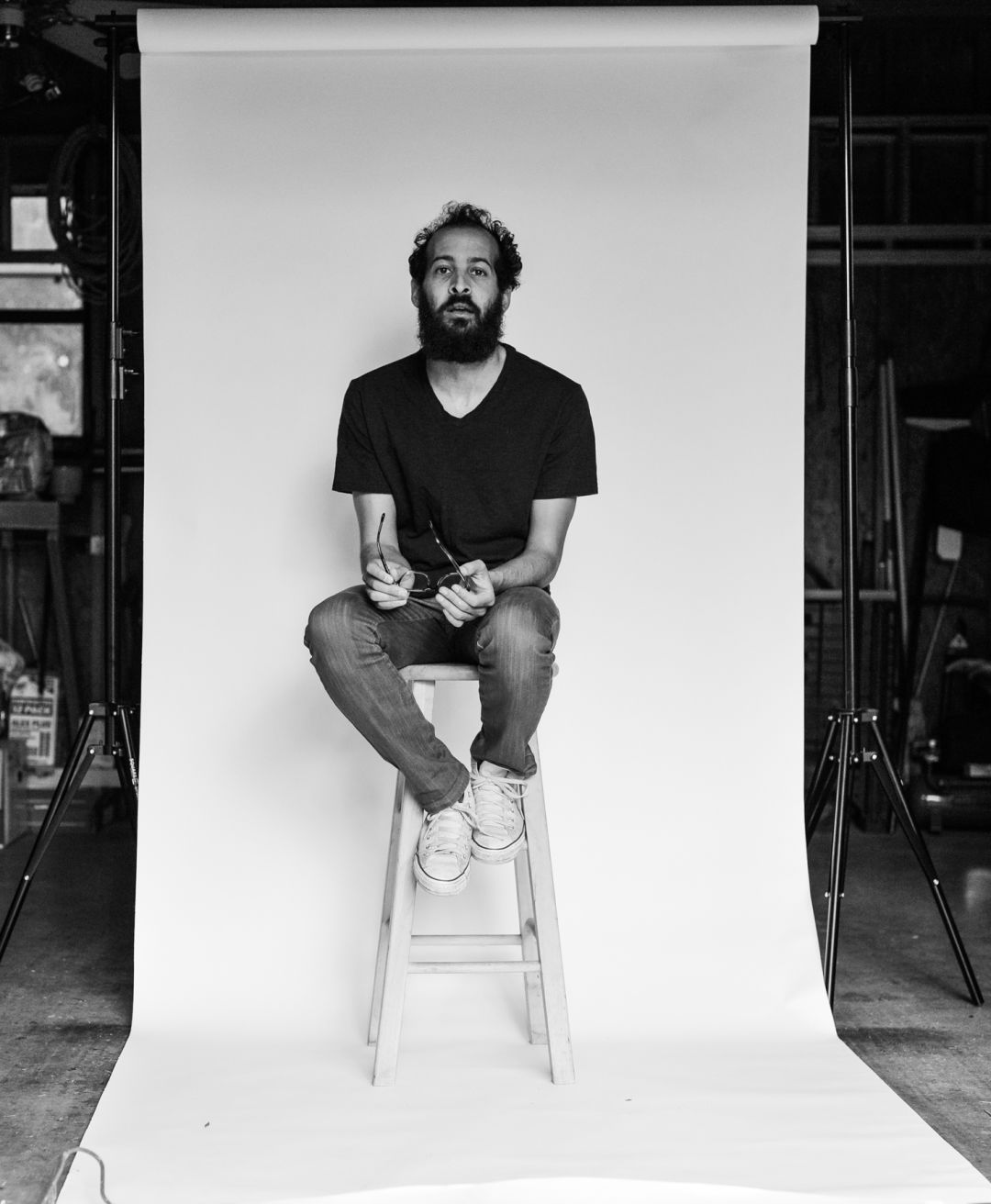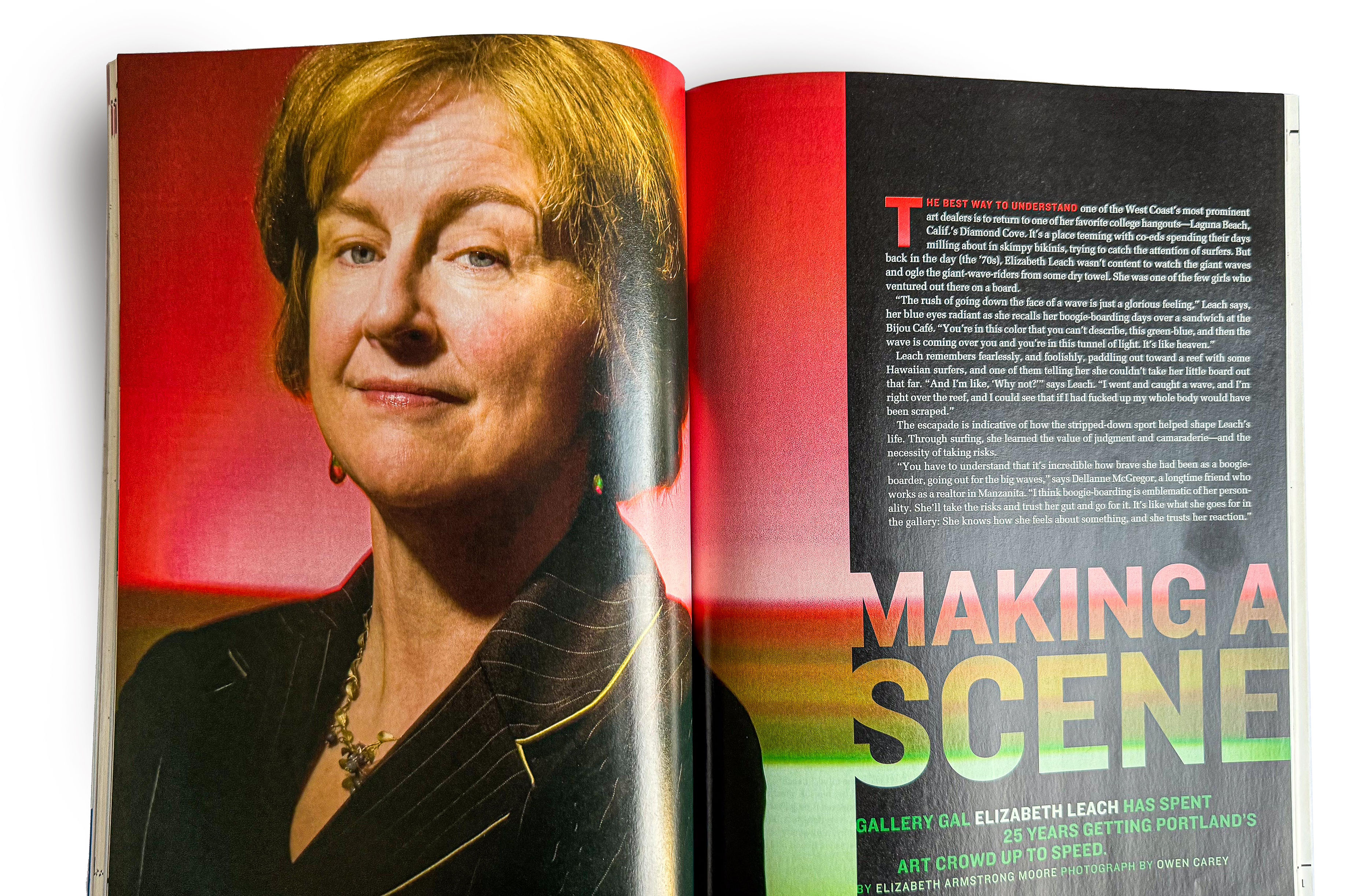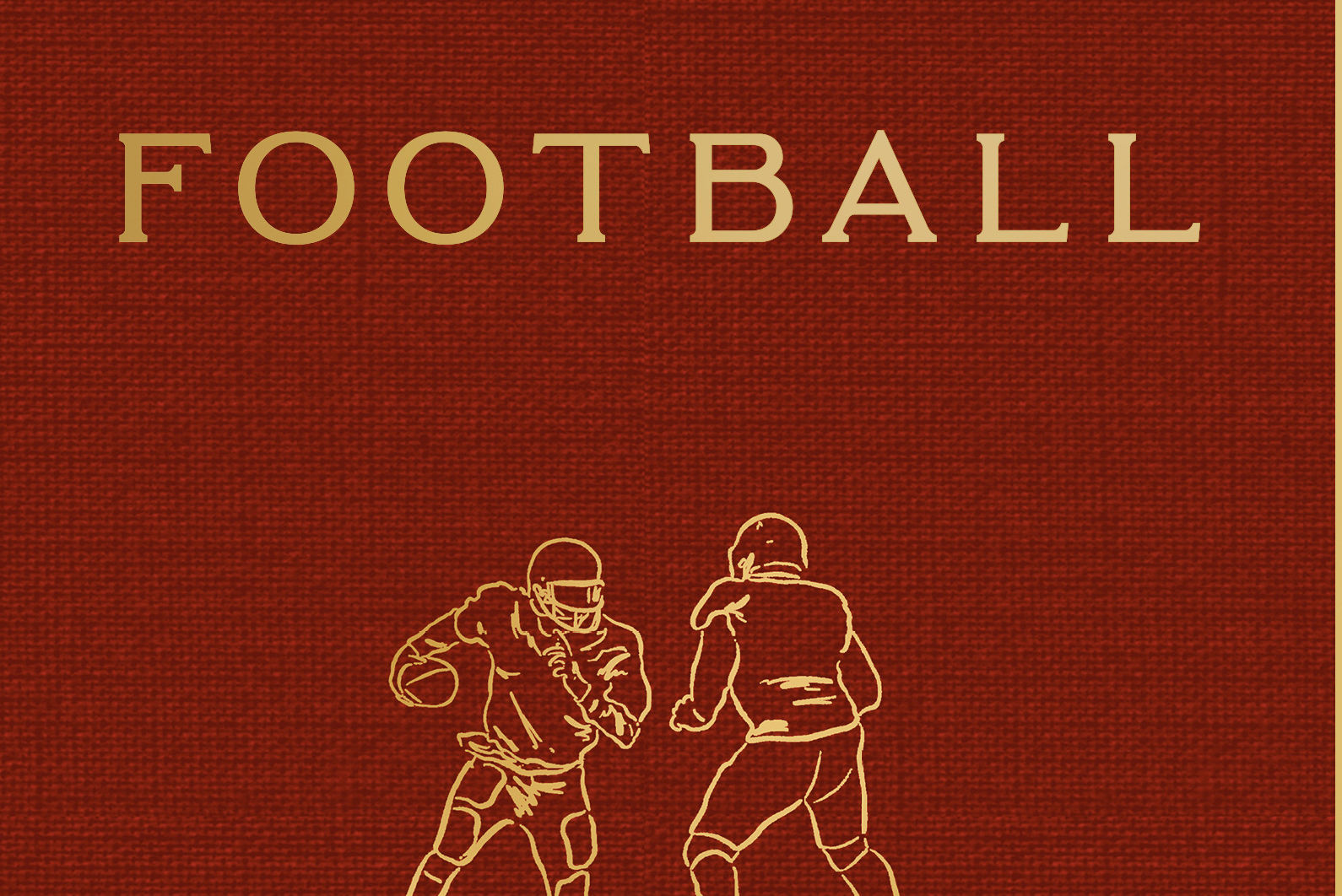Oregon's New Poet Laureate on Imagining a Better, Brighter Portland

Image: Natalie Seeboth
Anis Mojgani is just like you: yearning for a trip to the movies, struggling to establish a work-from-home routine, excited about being Oregon’s newly minted poet laureate.
“It was a surprisingly sunny February morning, and I was out on a walk,” Mojgani says of the moment he learned he’d been selected for the position. “I was humbled and a little bit overwhelmed. What is the reality of this, going from responsibility for oneself with regards to one’s work, to having this outer responsibility to be a steward to and for poetry, to and for the people of Oregon?”
Gov. Kate Brown made Mojgani’s appointment public at the end of April, and he assumed the position on May 4—the state's 10th laureate, and surely the first to begin his tenure in quarantine. As he chips away at various projects, including a collaboration with Eve Ensler of The Vagina Monologues and a children’s picture book “about rocks, but not about rocks,” Mojgani's obstacles and anxieties sound deeply familiar. He misses Powell’s. He says there’s “no guarantee [he] won’t cry” when he tastes his first juice from ¿Por Qué No?. He’s making calls to city council and urging them to cut police budgets.
He’s also thinking deeply (especially deeply now that he’s locked inside) about poetry’s power to shape our imaginations as we dig ourselves out of our present nightmare. After five books, countless spoken-word accolades, and a cumulative 16 years in and around Portland, he has some thoughts.
What do you think Oregon needs from a poet laureate right now?
One of the things that it feels right now is needed by our city, by our state, by our planet, by our country, is not a sugar coating, but something that allows all of us to have the permission to be imaginative of what our world can become. Right now, everything is so uncertain—with good reason. Lots of things are in the process of being shown how they are weak and unsustainable and detrimental, and some of those things are already starting to crumble. Of course there’s an uncertainty of what is on the other side of this great divide that we are in the process of crossing. It's scary.
But it also provides us the opportunity to lean toward, like, what does it mean to live in a world that is more supportive? More caring? More empathetic? What does it mean to live in a world, in a city, in a country that is connected through community endeavors? What does it mean to imagine a world where people are not policed? Where people are not harmed because of what they look like? There are so many aspects that this pandemic has brought about, about the reality of the shape of our world, and I think many of us are either clinging to what once was, or so scared at times that it is going away.
And whether that is with regards to being very used to the benefits of living within a white supremacist system, or whether that is simply like, "The restaurant that I go to every day is maybe not going to come around again." I have no idea when I will sit in the balcony of the Baghdad and watch a movie and eat french fries. There’s a range of uncertainty and fear. So I think it is very, very important right now for all of us, with all those fears, to be able to be like, “What if?”
What can be made? Where can we go? What beautiful possibilities can we create from what we imagine? That is far longer of an answer than I intended to give to you, but I do think that’s where my headspace is at with regards to what it is that we need. We need to be powerfully imaginative. If there are ways in which I, as a poet laureate, can do that, that’s something that I really want to discover and explore.
Do you feel bound, or limited, by the fact that there are pretty much two things on the public’s mind right now? Or do you feel like that’s giving you focus?
It definitely has been very, very challenging. Some of it is from a very tactile perspective: my artistic practice is rooted in routine, and that routine is largely getting up in the morning and walking or biking down the street to the Fresh Pot coffee shop in Powell’s on Hawthorne and seeing what happens. That’s been my routine ever since I moved to this neighborhood, which was in 2007.
And the flip is that I’m being inundated with so much fuel to make work. It’s really hard for me to create work in direct response to something around me. In general, I’m just picking up and absorbing everything around me, and when I sit down to write, I just see what tumbles out onto the page, and I create out of whatever my subconscious is throwing up to me. That’s been interesting, because right now, there’s so much that my heart is aching for and toward to speak to.
In the last few weeks, I wrote a poem, and it’s probably the first poem I wrote and nearly finished in months. Probably a day or two after Minneapolis, I was sitting down at my desk and drawing every single day for a week and a half, and that was not the norm. So there definitely is, right now, a creative urge—I don’t even know that I want to use the word “creative.” It’s just more that the processing machine in me needs to respond, for myself. It’s been a lot of nothing, and then now, all of a sudden, a lot of something.
Who have you been reading?
It’s definitely been hard to read. At the start of quarantine, I was doing pretty good on reading. I was reading a lot of comics, which was wonderful and really what I needed. I reread Station Eleven, Emily St. John Mandel’s book from a number of years ago about 25 years after a pandemic decimates the globe. I was like, "Is this the right thing to read right now, or not?" It turned out to be the perfect thing. I also read Toni Morrison’s Sula. I’m in a Toni Morrison book club this year, and after that, we were set to read Jazz, but the language is so rich and so dense at times that it was just too much for me right now.
In recent weeks, I’ve been returning to poets and feeling like I need to read some poems, and particularly that I need to read poems from Black poets right now. So I started rereading Jericho Brown’s The Tradition—it’s such a wonderful, beautiful book. I also pulled off the shelf my Collected Poems of Lucille Clifton to read through, and anthologies I’ve had for years, which I think is largely how it works with poem anthologies. You grab it randomly, read a poem, put it back, and then a month or a year later you read another poem. But this anthology that my parents got me eons ago called Black Nature, which is four centuries of African American nature poetry, I pulled that off the shelf this morning.
You talked earlier about poetry’s power to help us imagine a better future. What is your utopic vision for Portland after quote-unquote “All This”?
The “weirdness” of Portland is that it is a city of strange dichotomy. It’s very inclusive, and at the same time, extremely exclusive. Across the board. It’s the way that the culture in this city works in a lot of ways. I remember when I first moved here, I would be like, “Where are the poetry readings? Where are the open mics?" And I’d find one, and there’d be like 10 people there. And you felt as if they loved the fact that it was only 10 people there. Like, “You can’t let too many people hear about it." There’s a pride in this city of keeping things under the radar. But that also just builds these weird, strange, extra-arbitrary boundaries between people, between communities, between neighborhoods, that exist very, very strongly within a city that’s like, “Yo, we gotta fight for everybody!"
One of the big things that I want to see change is the ways in which we treat our neighborhoods and our communities. It’s really angering, frustrating, and disheartening to have a city chart its success and growth based on how many buildings go up, based on how many new units get built, based on how much attention we are getting from developers, while the people who actually live in the city get shafted time and time again.
And it’s frustrating to have been here long enough to have come at a time when you could see that what was happening in Black neighborhoods is they were basically being closed down in order to make something new. And there were people in this city who could see that, and spoke against it, and fought against it, but as a city, it was ignored. Until, of course, the communities that are white and of affluence were suddenly greeted with, “Oh, suddenly we’re getting rolled over. Now we have a housing situation. Now we have a housing emergency." I want this city to be one where it’s a housing emergency when the people that we don’t care about, and that we have historically ostracized and marginalized and oppressed, when those people are having a housing emergency, when they are having a social emergency, when they are having a health emergency, I want the whole state to be able to respond in tow to what that means.
And in light of what is charging this current mobilization of advocacy and activism, i.e. police brutality on bodies that are Black and Brown, yes, I hope and envision a future in this city where there is not a police force. Where there are new and imaginative ways of dealing with the situations that we traditionally use the police for. But also, a greater expansion of what that sits upon. White individuals in Portland reckoning with themselves. “What does it mean to live on a planet with people who may not look like me? How do I show up for them?" And to be honest and open about that so we can move it forward.
Portland is not a clean town. And [Oregon is] certainly not a clean state. So it behooves us, in order to reach this—I don’t want to say “utopia," but to reach a more powerfully imagined, beautiful society, for us to see that it’s not just beautiful frickin’ flowers in the city of Portland, that there’s been lots of ignoring and lots of willful machinations that have decimated Black communities and communities of color in this city. For me, a more fully realized society is rooted in more fully realized people, and I want all of us to be able to have the conversations with ourselves that allow us to more fully embrace who we have the power to be. That to me is a sign of a society of light.




